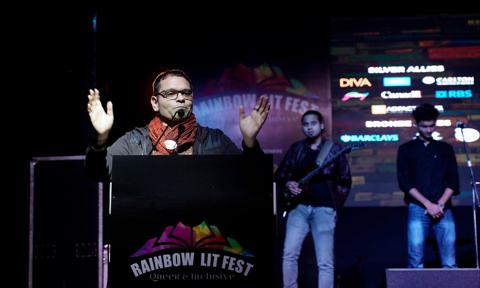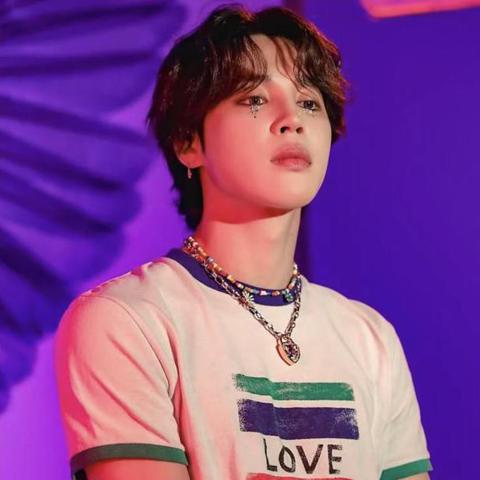
In case you’re in Delhi this weekend, you’d be remiss to not attend the Rainbow Lit Festival to engage and interact with a diverse range of cultural contributors in the LGBTQ+ space.
Established in 2019, the literary festival was conceptualised by author and festival director Sharif D. Rangnekar who realised that, while mainstream literature in the country had many platforms to talk about their work and showcase their art, queer communities were relegated to special panels or largely ignored.
“I had to go around with my book to various literature festivals quite often and one time there was this panel discussion happening on a topic related to the idea of gender, sexuality and family laws. It was pretty much dominated by mainstream and heterosexual speakers but there was a packed audience. It gave me the sense that there is an appetite and a curiosity amongst people to know more,” says Rangnekar, in a chat with HELLO! just days before the 2023 edition of the festival.
“Our community is as diverse as this country and there’s an intersectionality of religion, caste, class, education. We also suffer the truth that most of the publishing world for the longest time has erased or ignored us because it’s been written mostly by men. So, there’s a need to have those voices in one place. And it’s not just about the space. We wanted to create that access even when it comes to language.”

Rangnekar is particularly enthused about this year’s edition as it promises to be bigger and more diverse than ever. “There is a lot more community, engagement and involvement this time around. We have 57 speakers and panelists and we have over 70 performers. On a personal level, the beauty in this festival is the solidarity and the collectivism of the community, which is making it fantastic. It’s also the first time that we’re having a play and it’s very rare for a lit fest to have a play! We have a troupe coming in from Mumbai, called the Tamasha Theatre. And it’s a huge troupe. I mean, I think around 12 to 14 people and they’ll be putting out a play called Be-Loved!”
Aside from Tamasha Theatre, the festival is packed with incredible talent coming together to celebrate their voice and create an inclusive space where discussions about gender, sexuality and the intersectionality that exists between these aspects, particularly in Indian context. There’s prose, poetry, art, music, dance, films and talks featuring prominent voices like Alankrita Shrivastava, Jaydeep Sarkar, Kalki Koechlin and Seema Anand. There are panel discussions titled ‘Don’t Children Need Queer Literature’ and ‘Trans Lives: Depiction, Rights and Understanding’, to name a few.
“The involvement of the community has been amazing. After the kind of bashing the community has taken over the past few months, with the Supreme Court verdict and the kind of phobias and misinformation that was being spread about our existence, this festival has come at a time when we need to reclaim our space,” says the founder.
As the largest literary festival in South Asia that celebrates the LGBTQ+ community, it’s a great platform for both allies and queer folks to understand and interact with voices of people who rarely get heard or seen in mainstream media. According to Rangnekar, it’s all about educating the masses.

“I’m a strong believer that music, lyrics, poetry, art and literature play a very important role in changing your notions or trying to understand lives that are lived by different people who are not similar to you,” he says. “To me, the education space is extremely critical. We have a session on children’s books, for instance. Queer literature for children is very expensive and invariably Western. Now, the point is we are not Western beings. We might be consuming Western ideas, notions, consumerism and even abusing the environment like the West does. But they are far removed from the local realities. Realities of family, of patriarchy, of laws, of caste, class and colour supremacy. So, my view is that education has a huge role to play in terms of not only schooling but also in terms of access to books of this sort.”
He concludes our conversation by expressing his optimism about the young generation of the country. “They’ve been pushing boundaries in so many ways, in terms of language and self-expression. They are more accepting of different identities from a much younger age and develop a stronger sense of self. The reception to Rainbow Lit Festival has also reaffirmed to me that young people of this country want to engage and contribute in a meaningful way to something bigger than themselves.”
Rainbow Lit Festival will be held from December 9-10, 2023, at Gulmohar Park, Delhi. Visit the official website for more information.
- Quick links
- Rainbow Lit Festival
- LGBTQ
- literature






